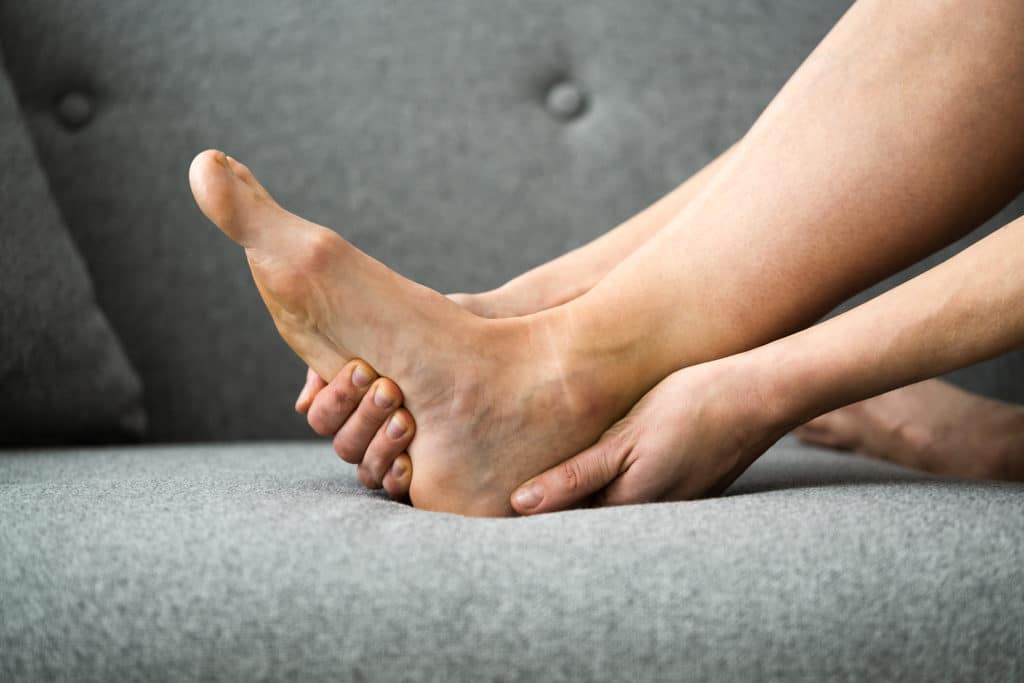Summer, Stress and Menopause
Summer and stress? Yes indeed, you did read that right. Most of us love summer, the longer days, the balmy nights. But if you’re in your menopausal years, the summer can be super challenging. Especially for women down under. There are the obvious temperature increases which will not be kind to ‘women on fire’. But […]
Summer, Stress and Menopause Read More »










